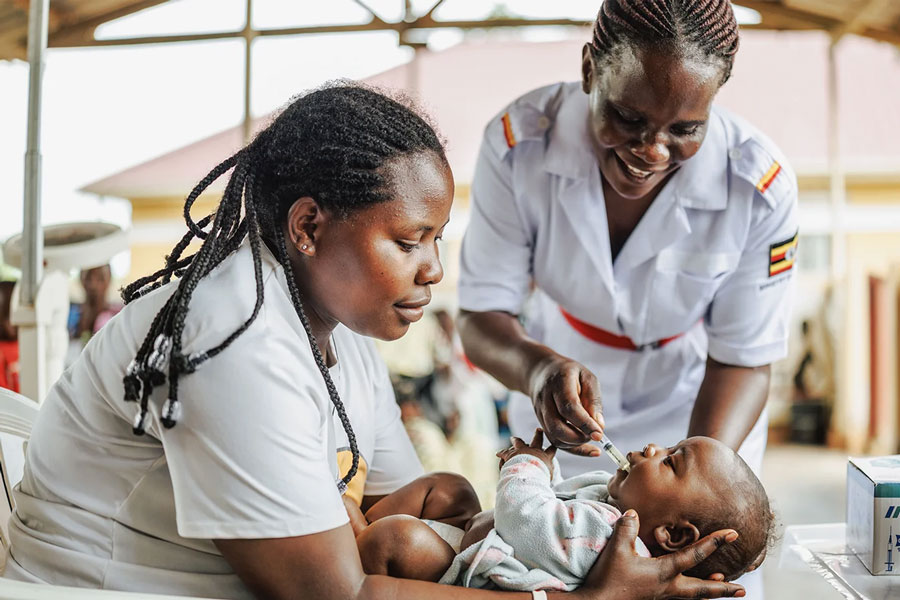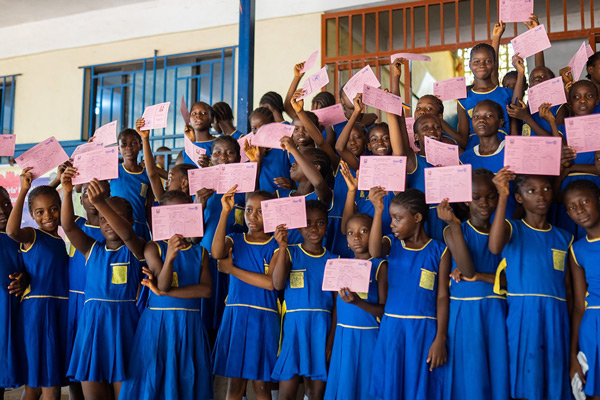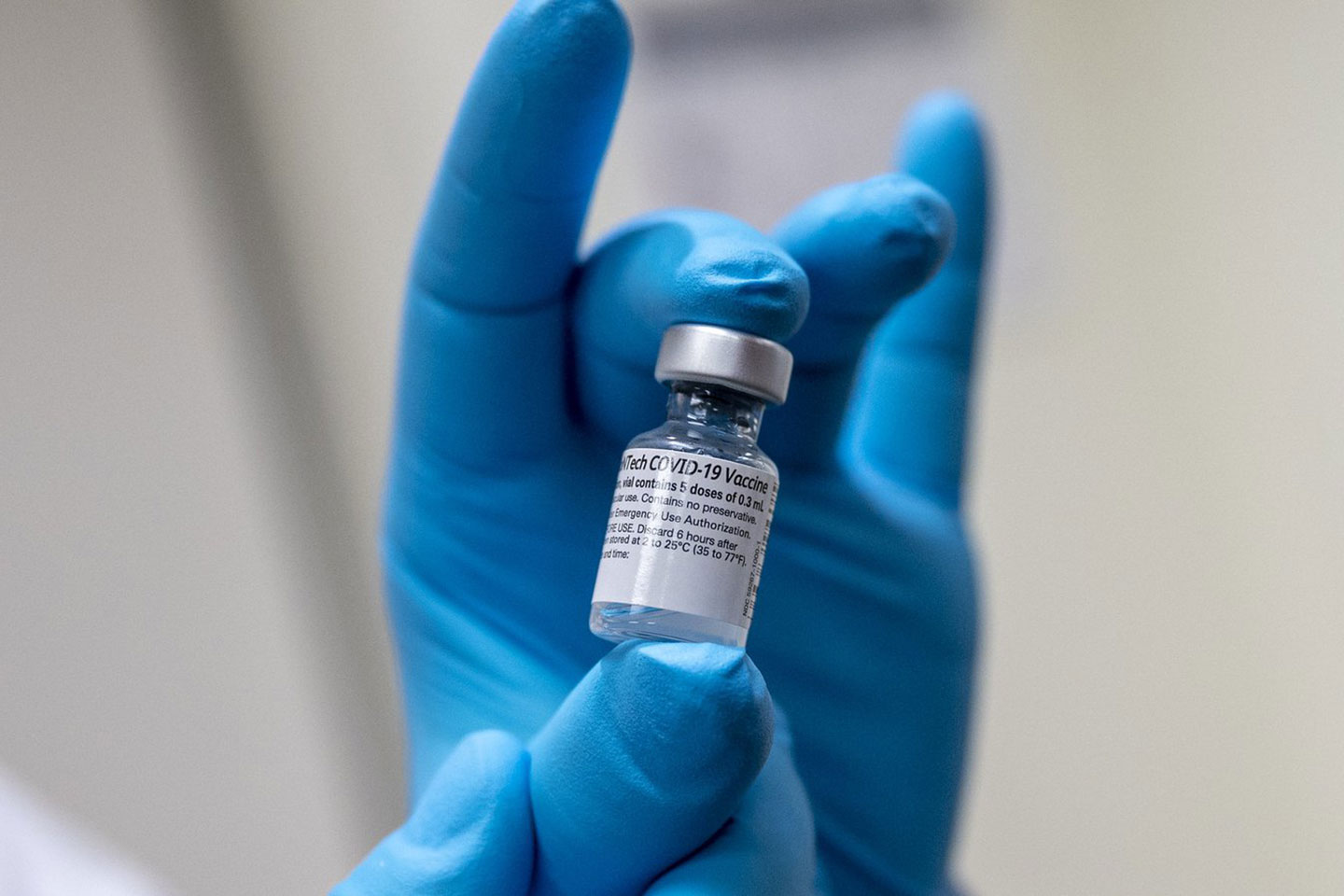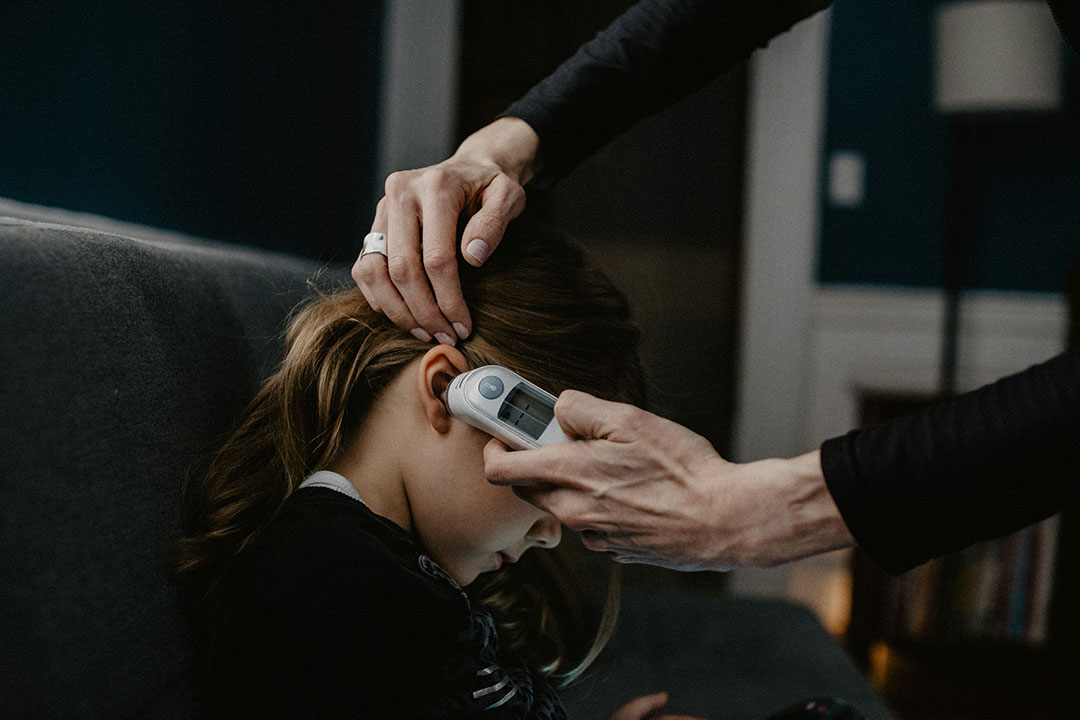“The Last of Us”: 4 Ways Gavi, the Vaccine Alliance’s Real-Life Work Prevents Fiction From Becoming Real
Why Gavi’s work matters now more than ever.
- 30 May 2025
- 7 min read
- by Global Citizen
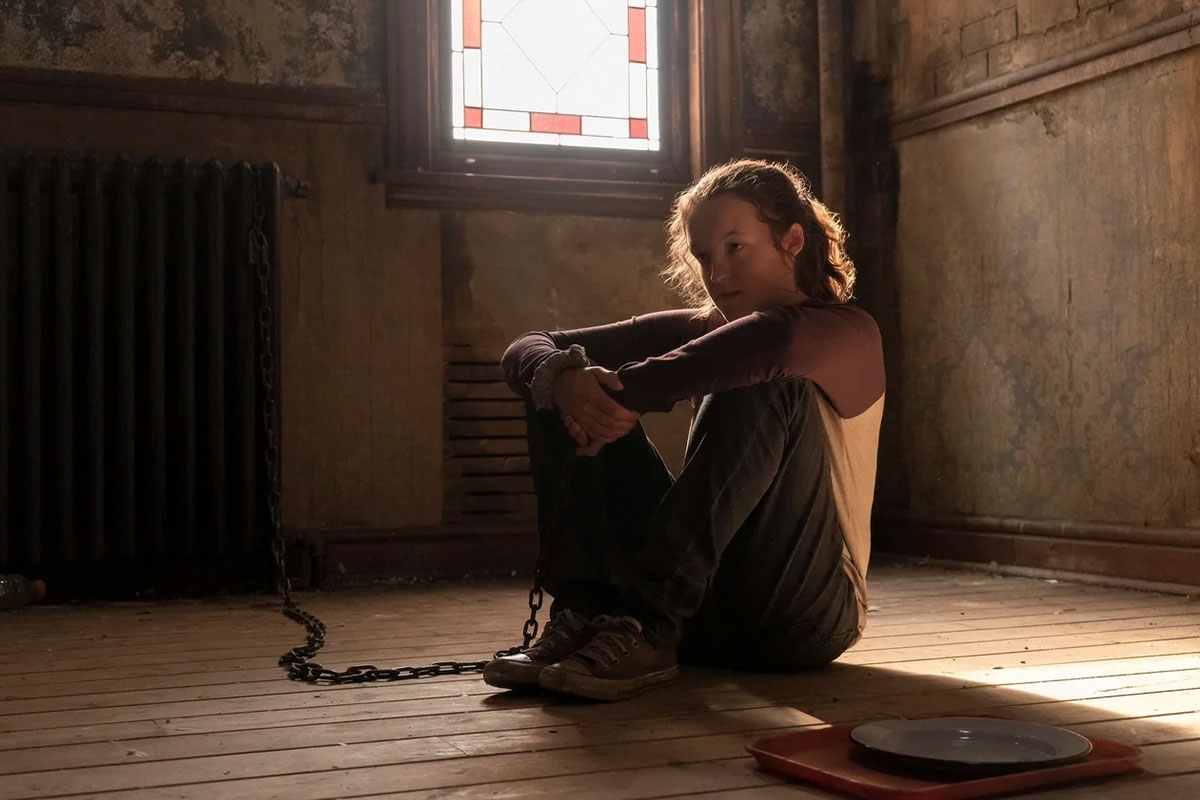
*Lieutenant General Agus Hidayat, member of the Indonesian armed forces in a closed-door meeting with Mrs. Ratna, professor of mycology at the University of Indonesia before the Cordyceps brain infection outbreak.*
Agus: Mrs. Ratna, we brought you here to help us prevent the spread. We need a vaccine, we need medicine.
Ratna: Sir, I've spent my life studying this. So please listen to me carefully. There is no medicine. And there is no vaccine.
Agus: So what should we do, ma'am?
[Ratna pauses and takes a deep breath.]
Ratna: Bomb. Start the bombing. Bomb the entire city, and all the people in it.
You may have seen or heard about The Last of Us. Starting off as initially as a Playstation exclusive game in 2013, the game’s compelling and emotionally resonant story was adapted into a HBO series in 2023.
For those who haven’t watched the television series or played the game, here’s a little backstory. Fair warning: Spoilers ahead.
The Last of Us: Background Story
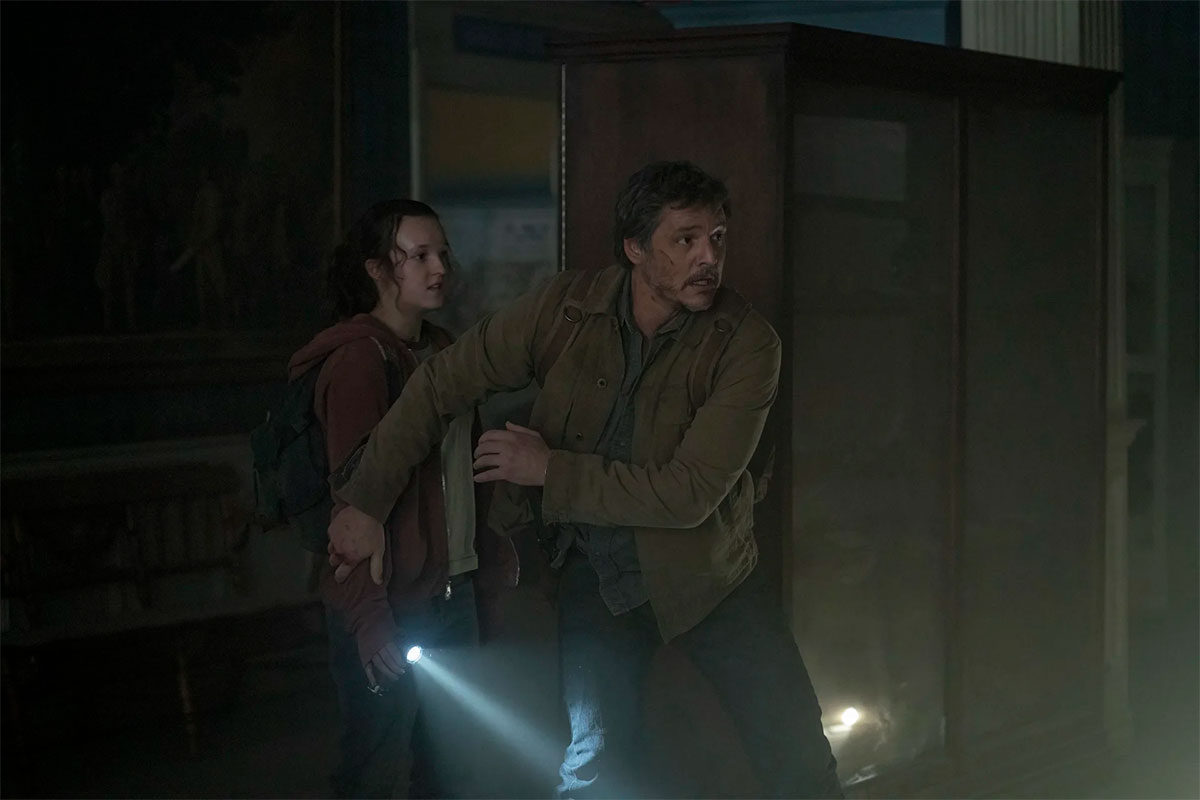
The story is set in a post-apocalyptic world ravaged by a fungal infection (caused by the mutated Cordyceps fungus) that turns humans into aggressive, zombie-like creatures. Joel (played by Pedro Pascal), a hardened smuggler, is tasked with escorting Ellie (played by Bella Ramsey), a teenage girl who is mysteriously immune to the infection, across the country in hopes of using her immunity to find a cure. The series delves into themes of survival, grief, love, trauma, and the ethical dilemmas faced by humanity in extreme circumstances.
The public health lesson here is brutally simple: When pathogens sprint, prevention measures must run faster.
The first episode of the series opens against the backdrop of a 1968 talk show, where two scientists forewarn a future haunted by pandemics and a fungal plague that could turn humanity into unwitting agents of its own destruction. One warns of how global travel will make it impossible to contain outbreaks. The other leans in with a dark scenario driven by changes in our environment where a fungal infection capable of transforming humans into hosts for survival. From then on the story focuses on Joel and Ellie’s father-daughter relationship, their journey to find a cure, and fight for survival in this health challenged world.
Why Are We Discussing The Last Of Us?
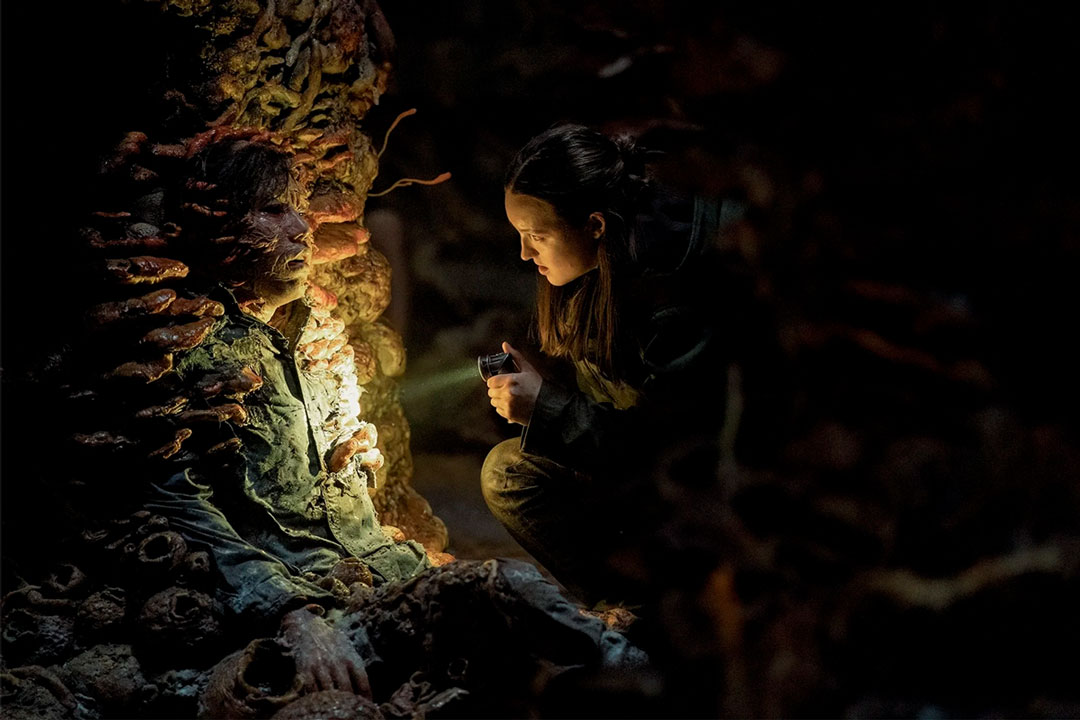
The Last of Us highlights more than just pop culture — it puts global health into perspective, especially as shifts in our environment and fragile health systems collide. The series highlights these early warning signs, stressing that the costs will be irreversible if urgent action isn’t taken. For instance, we are beginning to see how rising temperatures are already expanding the geographic range of mosquito-borne diseases, and how disinformation is eroding public confidence in scientific institutions and organizations coordinating surveillance, vaccine research and development (R&D), and distribution.
In reality, we can see some of these early warning signs with cuts in funding critical to strengthen health systems, particularly for the most vulnerable. The show also forces viewers to confront critical but commonly overlooked mental health challenges and imagines a world where health care is reduced to barter and survival.
While fictional and rooted in a dystopian narrative, the scenes from the TV series highlights the need for proactive global health measures to prevent current and emerging health threats from spreading and mutating. It also offers powerful lessons that resonate with present-day health challenges.
Have you read?
4 Ways Gavi, the Vaccine Alliance’s Real-Life Work Prevents Fiction From Becoming Real
The season two finale of the show left us thinking about what could happen when health systems crack. Here are four lessons from the show and how they apply in global health, and why Gavi’s work matters now more than ever:
Prevention is Key
When the panel of virologists rang the first alarm in The Last of Us, the audience laughed. Four decades later, Professor Ratna’s counter-measure — “bomb the city… and everyone in it” — was the only viable remedy because the window to contain the fungus had already closed. The world of The Last of Us collapsed because early signs of the mutated Cordyceps fungus outbreak were ignored, and funding for early-warning systems and universal health coverage were cut, thus impacting the supply chain process.
The real world is experiencing a similar scenario, and Gavi is playing a role in rewriting the script. Since 2000, the Alliance has helped vaccinate over one billion children in over 78 lower-income countries, and averted 18.8 million future deaths. It also works to strengthen health systems by providing targeted financial support to fund supply chains, train community health workers, and build vaccine stockpiles so that first responders can mobilize within days, not months.
We can see Gavi’s efforts play out especially with its role in purchasing millions of doses of an Ebola vaccine to support large-scale vaccination efforts during the Ebola outbreak in Nigeria in 2014 and the country’s push to end wild poliovirus. Contrast this success with the COVID-19 pandemic where early detection was slow, vaccine supplies were hoarded, misinformation spread unchecked, and fragmented surveillance cost millions of lives around the world.
The public health lesson here is brutally simple: When pathogens sprint, prevention measures must run faster. Wealthy countries must support Gavi’s efforts of investing in early detection, surveillance systems, and local capacity building because preparedness saves lives and costs less than reacting after crises escalate.
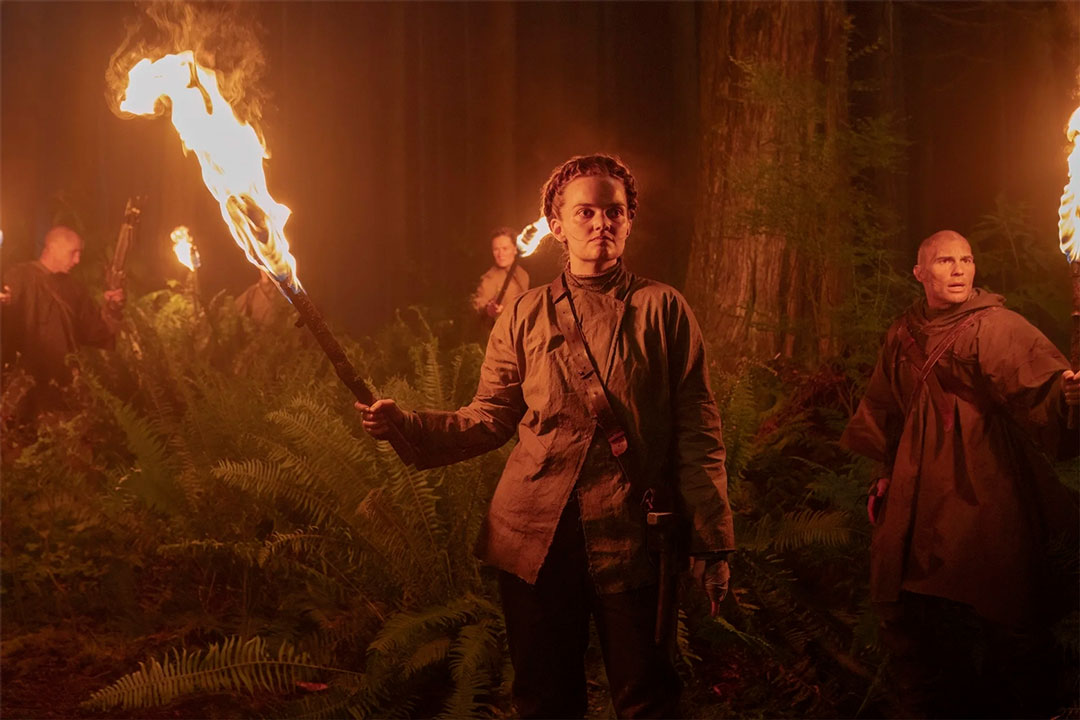
Image: Liane Hentscher/HBO Equity in Access
In the world of The Last of Us, resources were scarce and the weak were left behind. People’s survival was dependent on access to healthcare, food, and joining factions for safety. Even when there was enough to share, they fought each other for dominance instead of focusing on the common enemy — the infection. This reflects the harsh realities of today’s global health disparities. In many low- and middle-income countries, including conflict-torn countries, access to basic healthcare services is a luxury.
Gavi was formed to prevent equity gaps like this from happening. By pooling donor funds, the Alliance is supporting the world's poorest countries to secure vaccines at a lower price, and strengthen their health systems. And it’s working: human papillomavirus (HPV) vaccine coverage in 57 lower-income, Gavi-supported countries increased from 4% in 2019 to 8% in 2022, and doubled to 16% in 2023.
This shows that universal health coverage cannot succeed if vaccine inequity exists.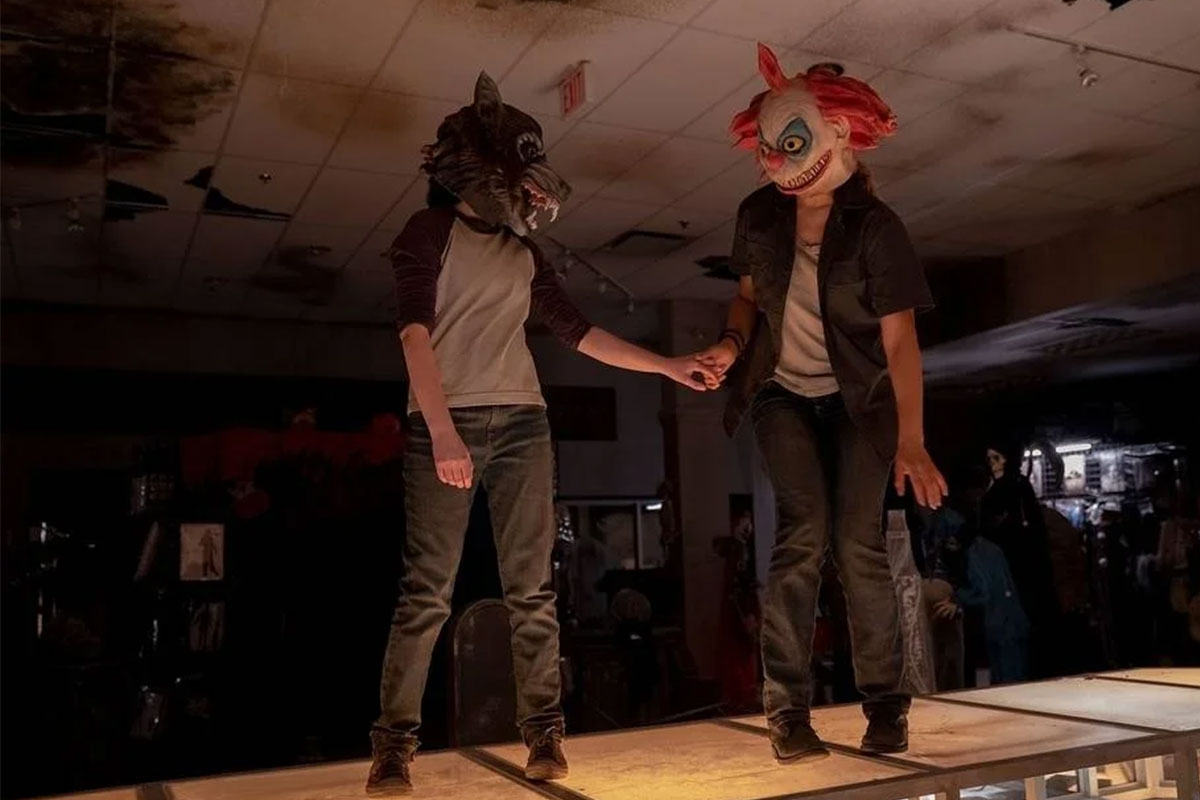
Image: Liane Hentscher/HBO Mental Health Shouldn’t Be Overlooked
From Joel losing his daughter, Ellie also losing her best friend, Riley, and Abby’s revenge against Joel, nearly every character in The Last of Us was living with deep psychological scars. The constant danger, depression, loss, and trauma – with no space to rebuild emotionally — shaped every decision they made in this world. The show is a reminder that mental health is a vital aspect of building resilience.
In our reality, mental health is one of the most overlooked and underrated aspects of public health. In the US, about 47% of adults with mental illness receive treatment. This means that the remaining half do not receive treatment. The gap is widest in low- and middle-income countries, where more than 75% of people suffering from mental disorders lack access to care.
You might be thinking, what is Gavi’s role in mental health? While Gavi focuses on vaccines, its health system and immunization strengthening framework (HSIS) helps equip the frontline of health workers — the same workforce that often provides vaccination — with knowledge of mental health support. Through this framework, the Alliance helps countries fold mental‑health screenings, routine immunization, sanitation, and other community outreach initiatives into one complete program that protects the vulnerable.
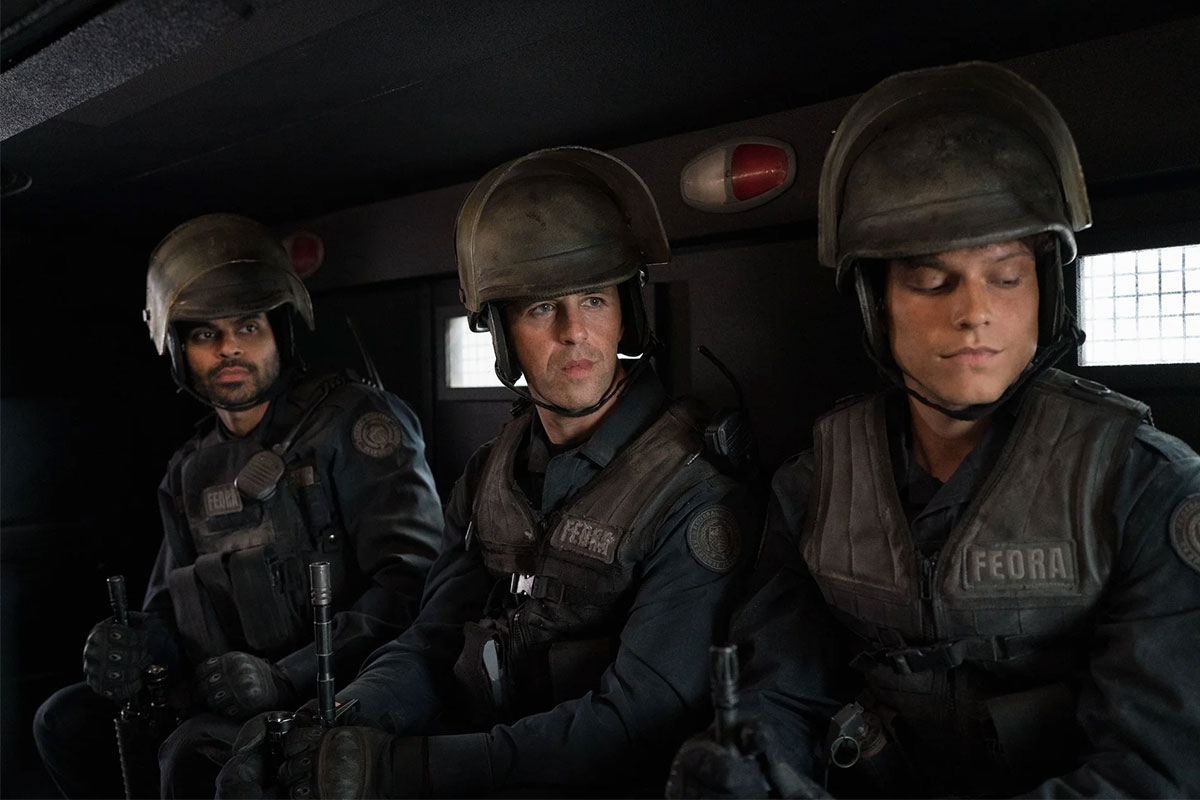
Image: Liane Hentscher/HBO - Everything Fails If We Don’t Build Trust
As scenes in The Last of Us unfold, it becomes clear that one of the reasons why the infection spread was a deep mistrust in institutions — citizens distrust the Federal Disaster Response Agency (FEDRA) checkpoints, militants distrust government labs, even Joel’s hand-off of Ellie to the Firefiles unravels when he discovers they have hidden fatal risks from her. This buttresses the point that once institutional credibility collapses, entire communities will be lost.
This cautionary tale is precisely why every dollar invested in Gavi is used to save lives and build healthier communities. The Alliance publishes grant approvals, disbursements, vaccine price ranges, and procurement decisions, with country proposals scored by its Independent Review Committee, ensuring transparency in its operations.
The Last of Us ends on a haunting note: the world survives, but it never heals.
To prevent a future like the one depicted, we must prioritize early detection and surveillance, addressing inequalities, treating mental health as essential, and fostering trust through transparent leadership. Gavi is proving these principles work: Every child vaccinated, every healthworker trained, every cold-chain fridge running in a rural primary healthcare facility is proof that prevention and vaccine equity saves lives.
To continue its life-saving work, wealthy countries and partners must support Gavi’s replenishment, and citizens must keep pushing to ensure that lifesaving vaccines reach everyone, everywhere.
If we act today, the world in The Last of Us we fear will never have to become a reality.
